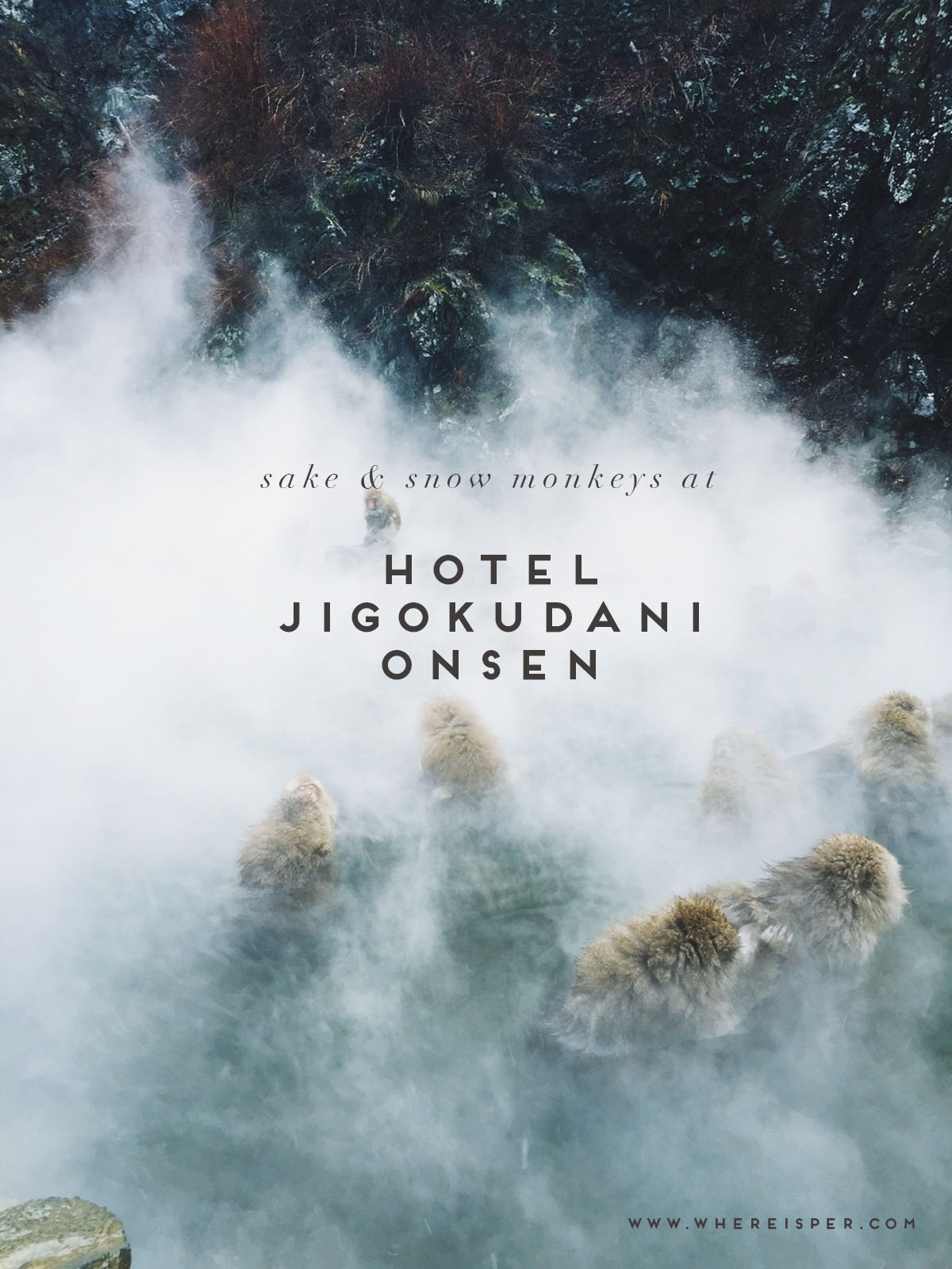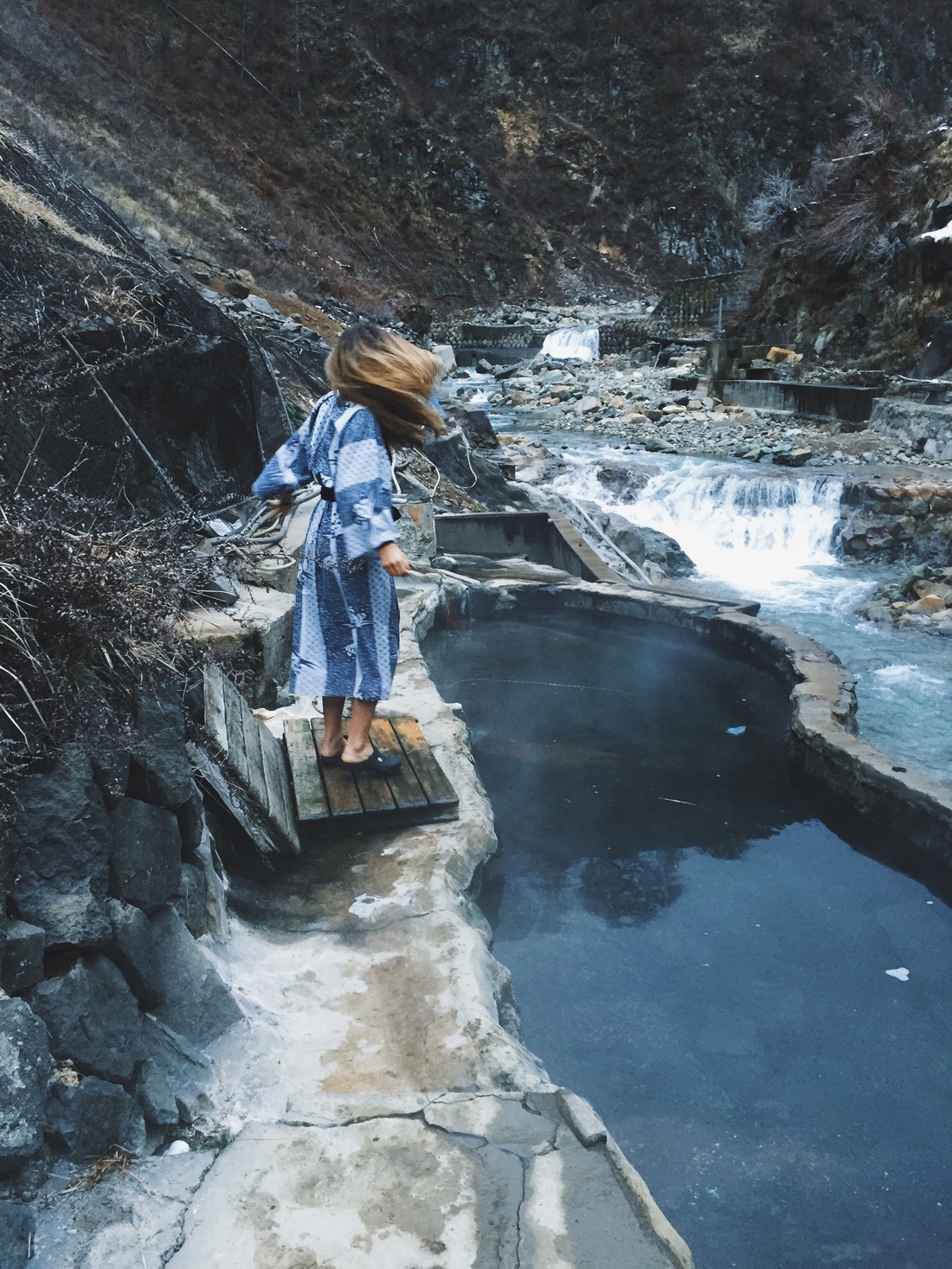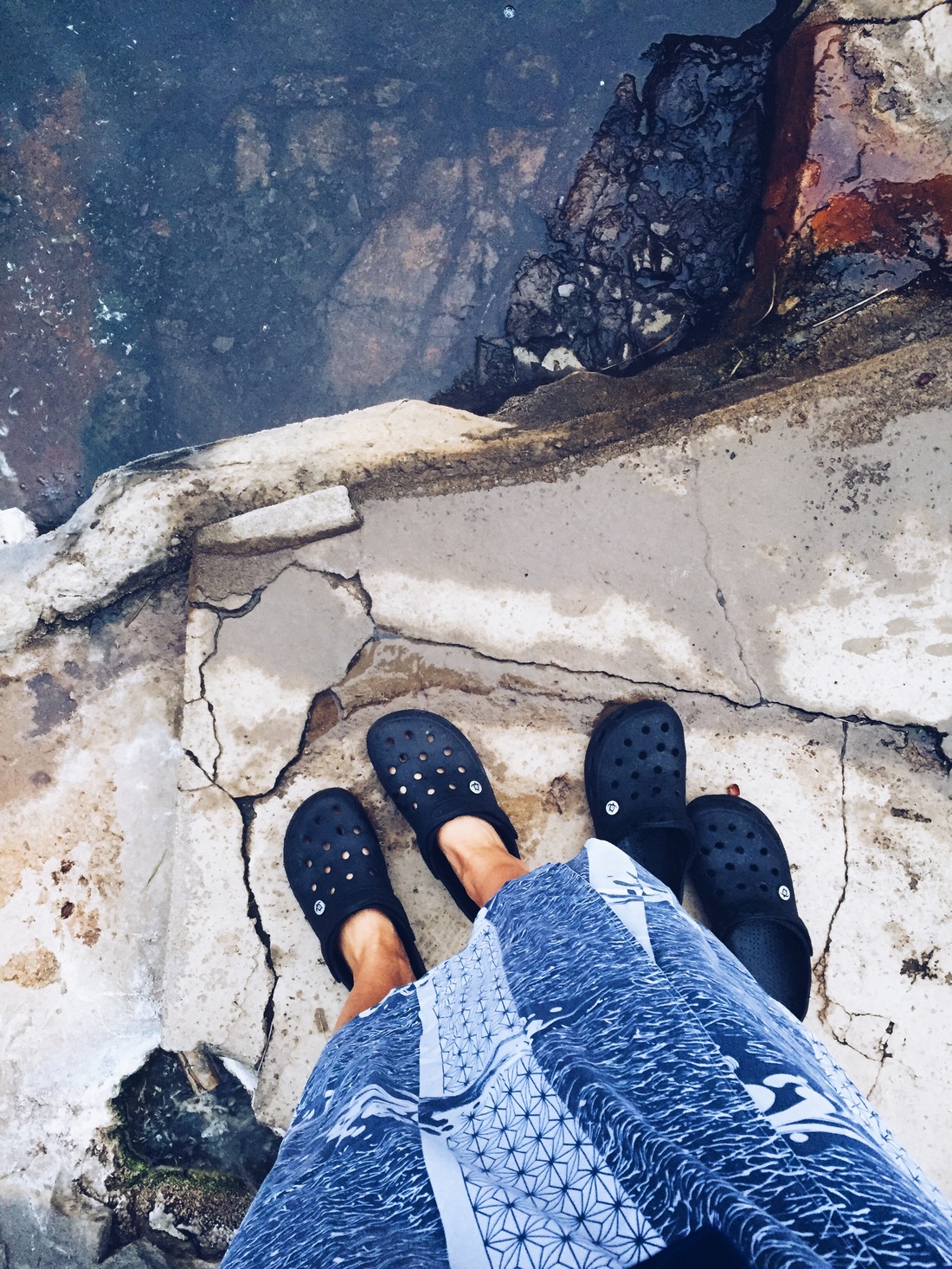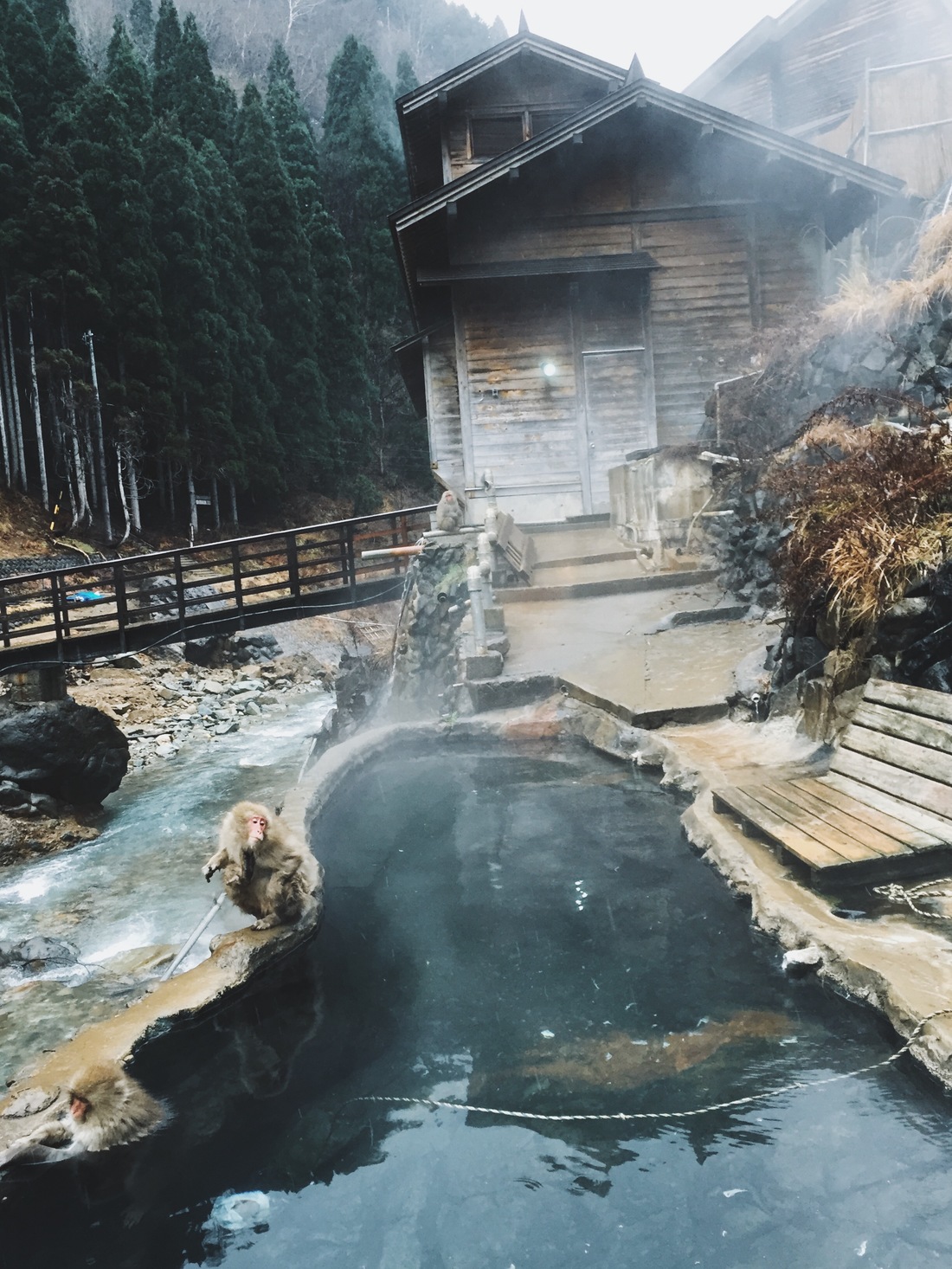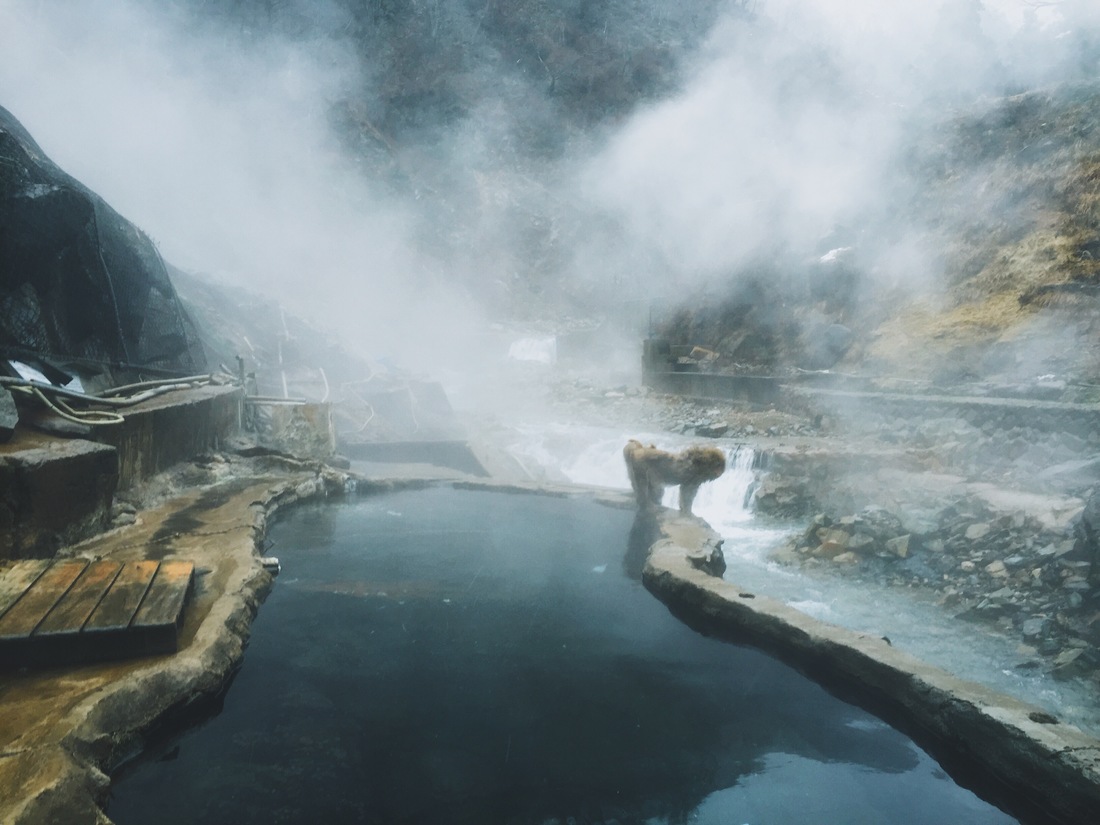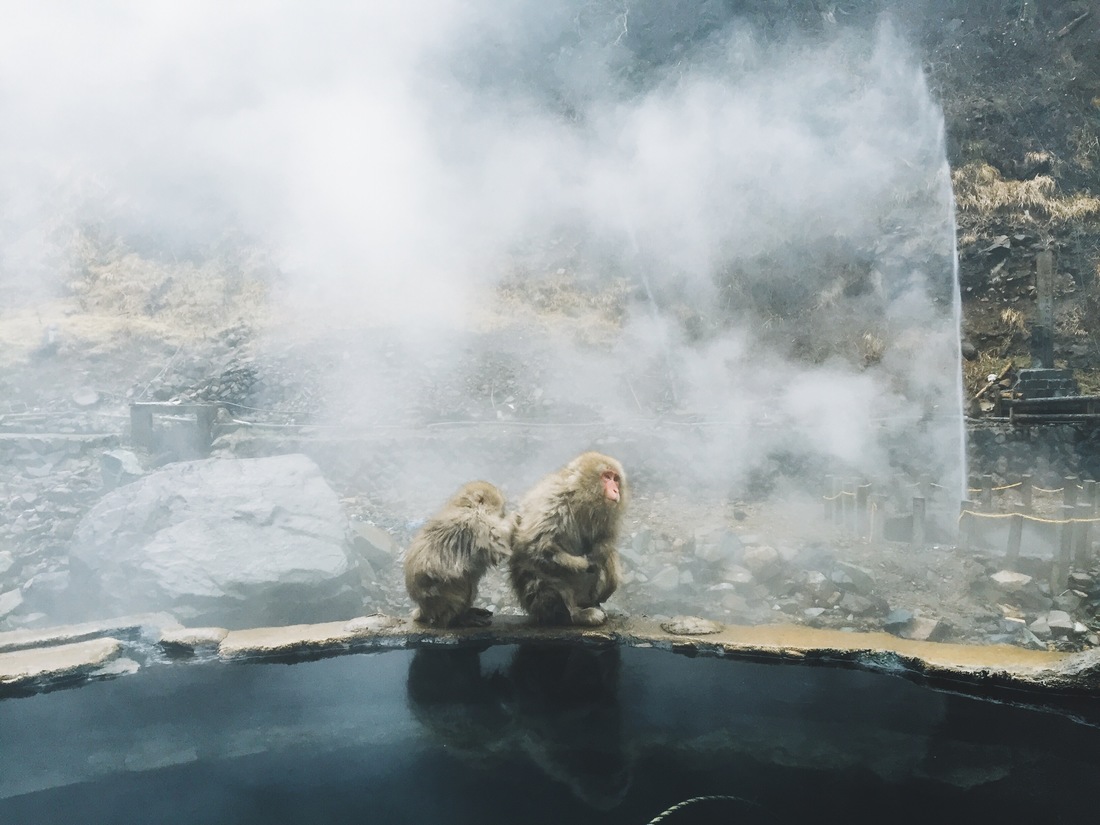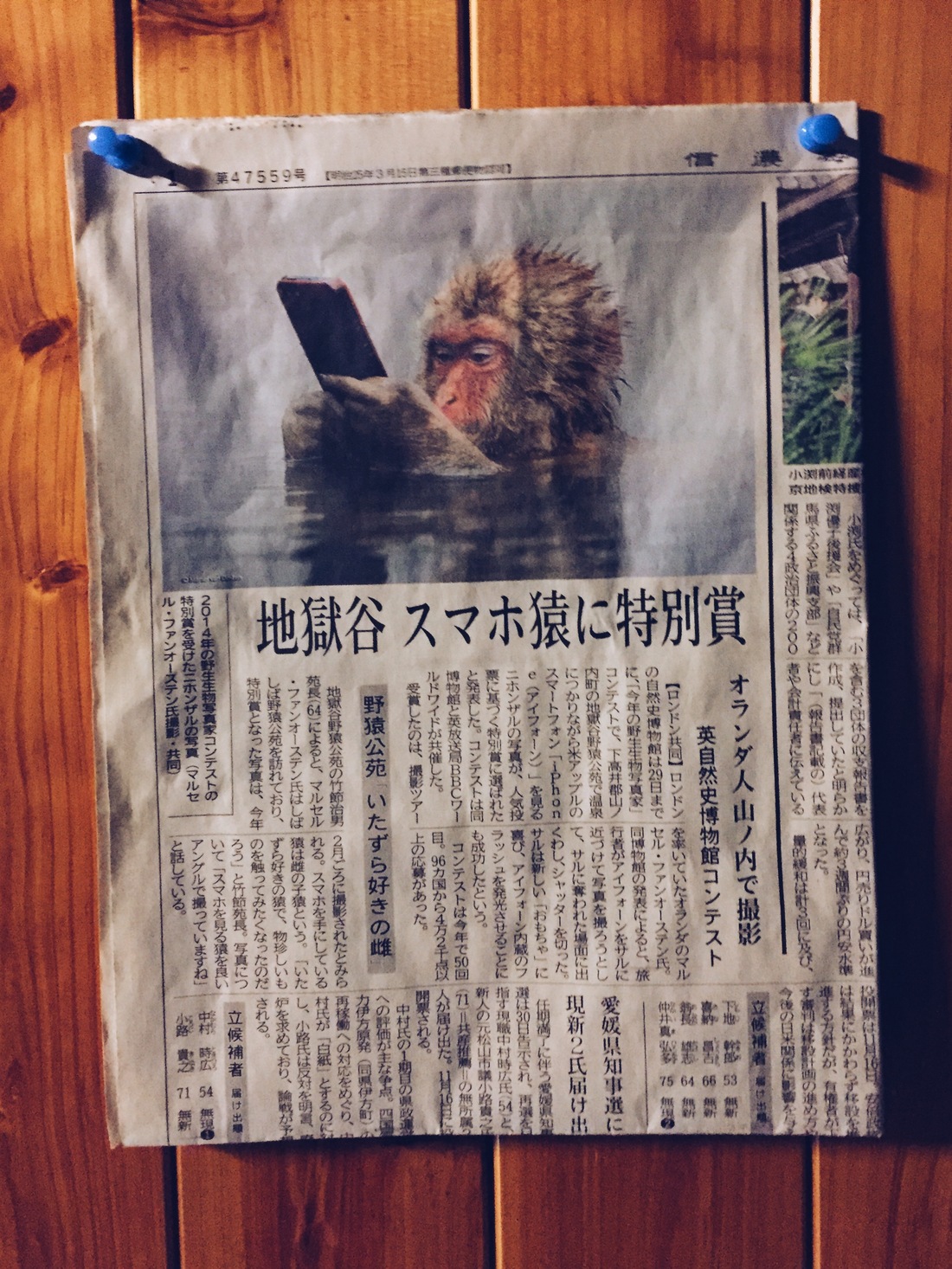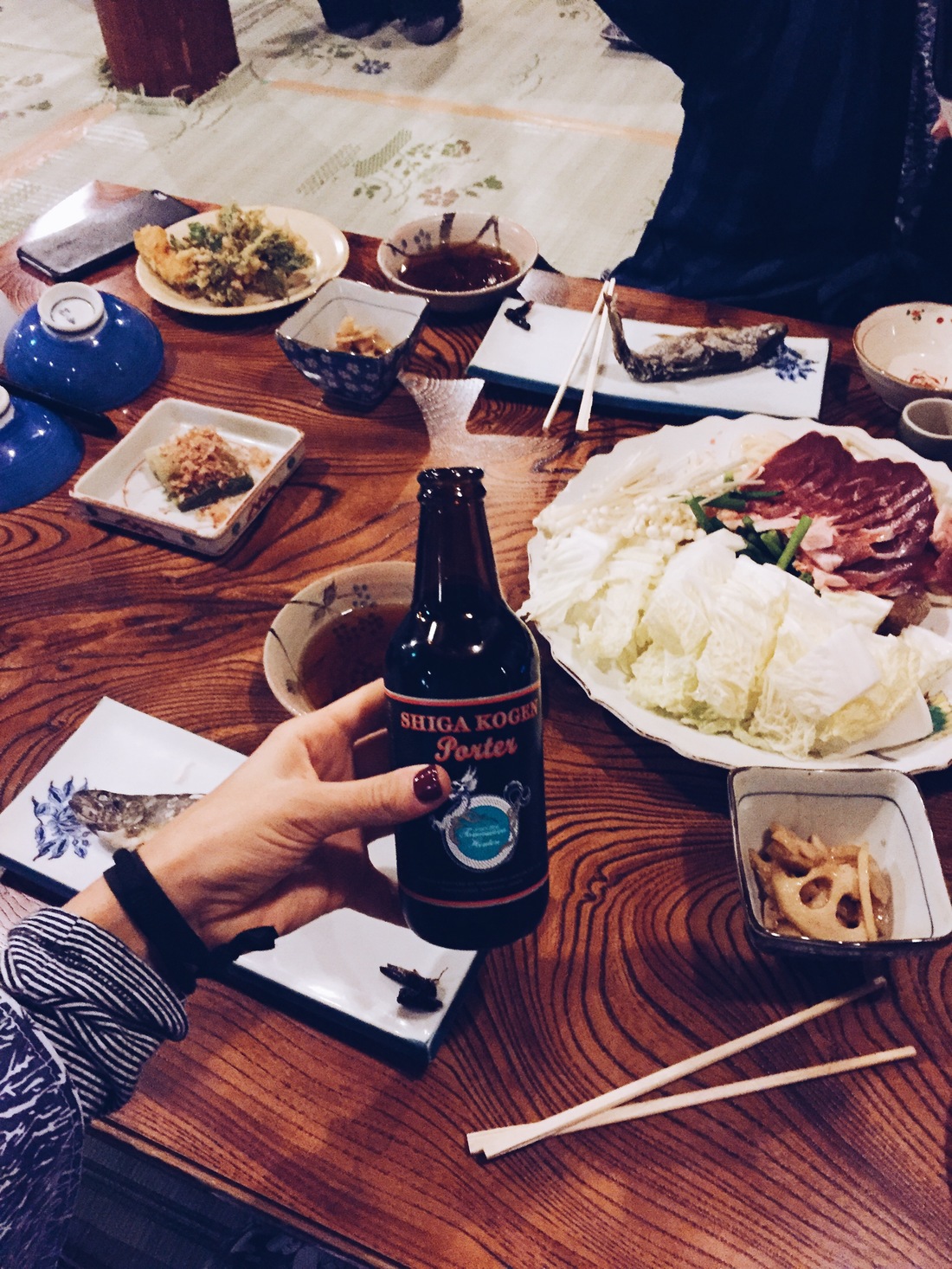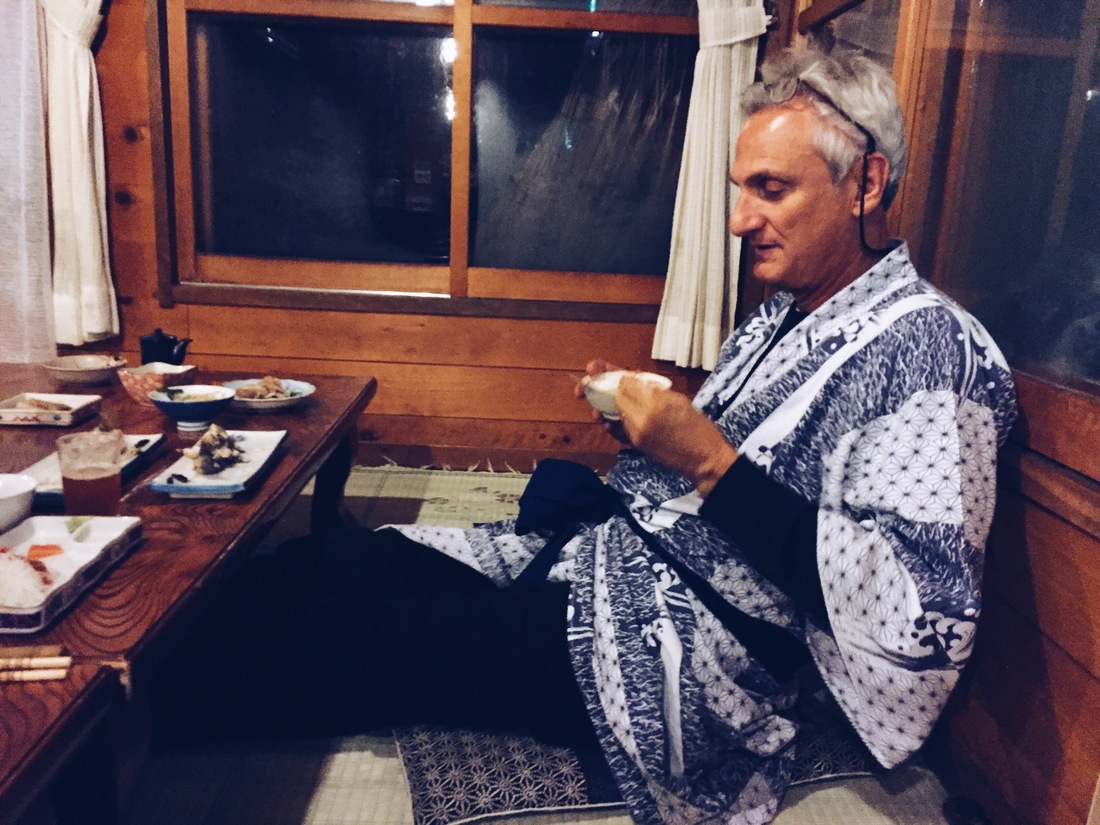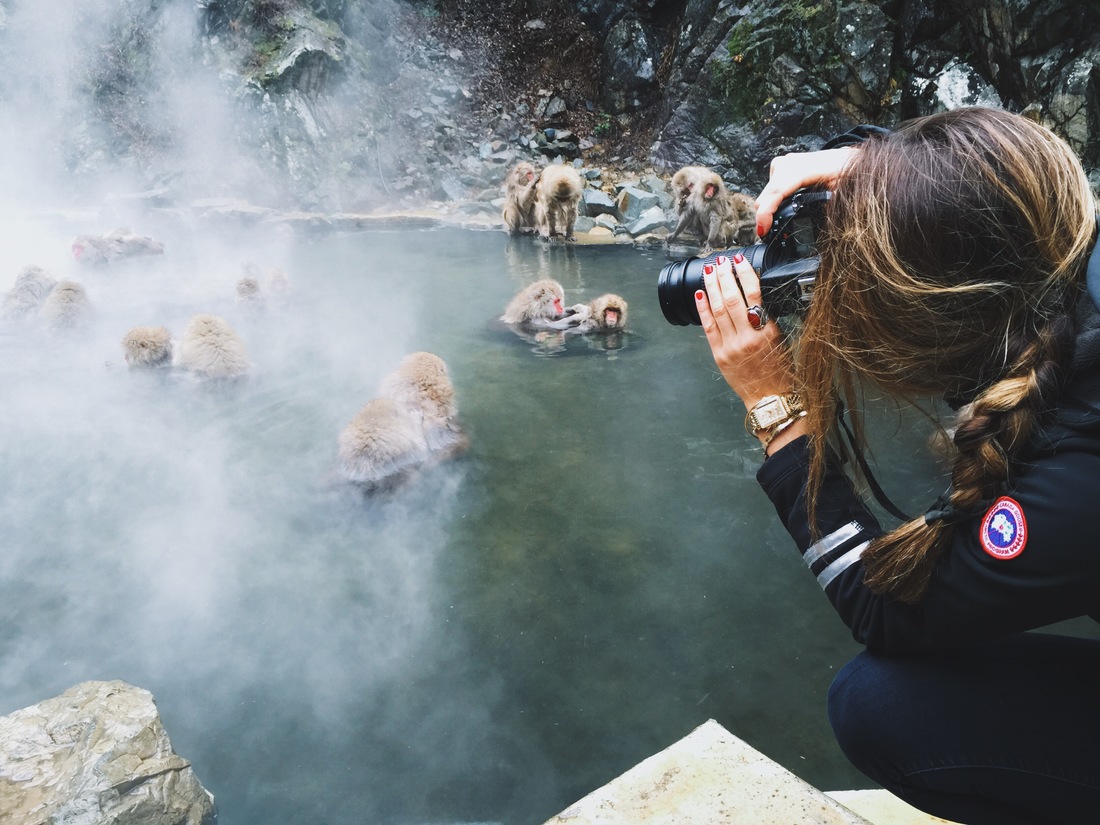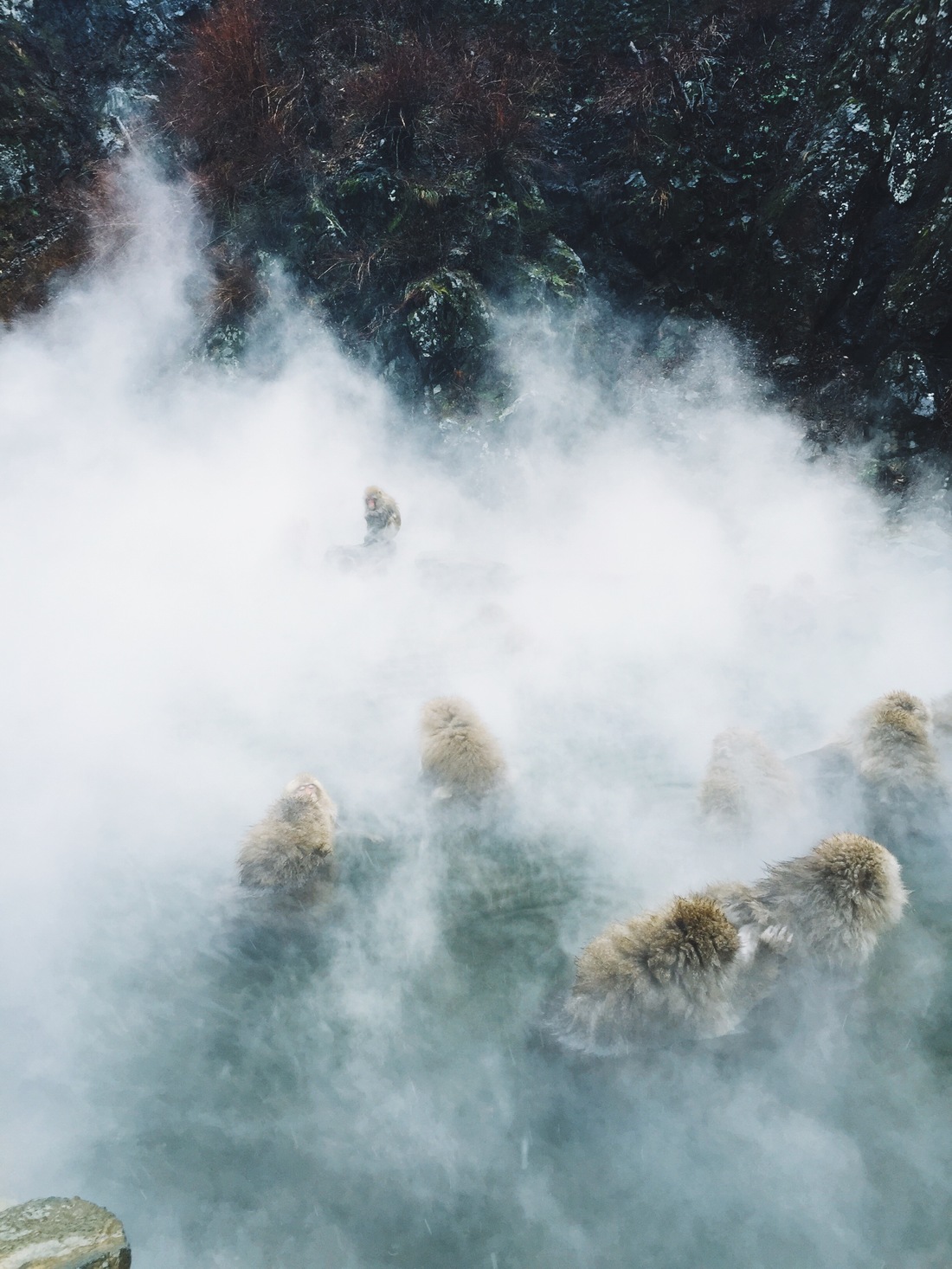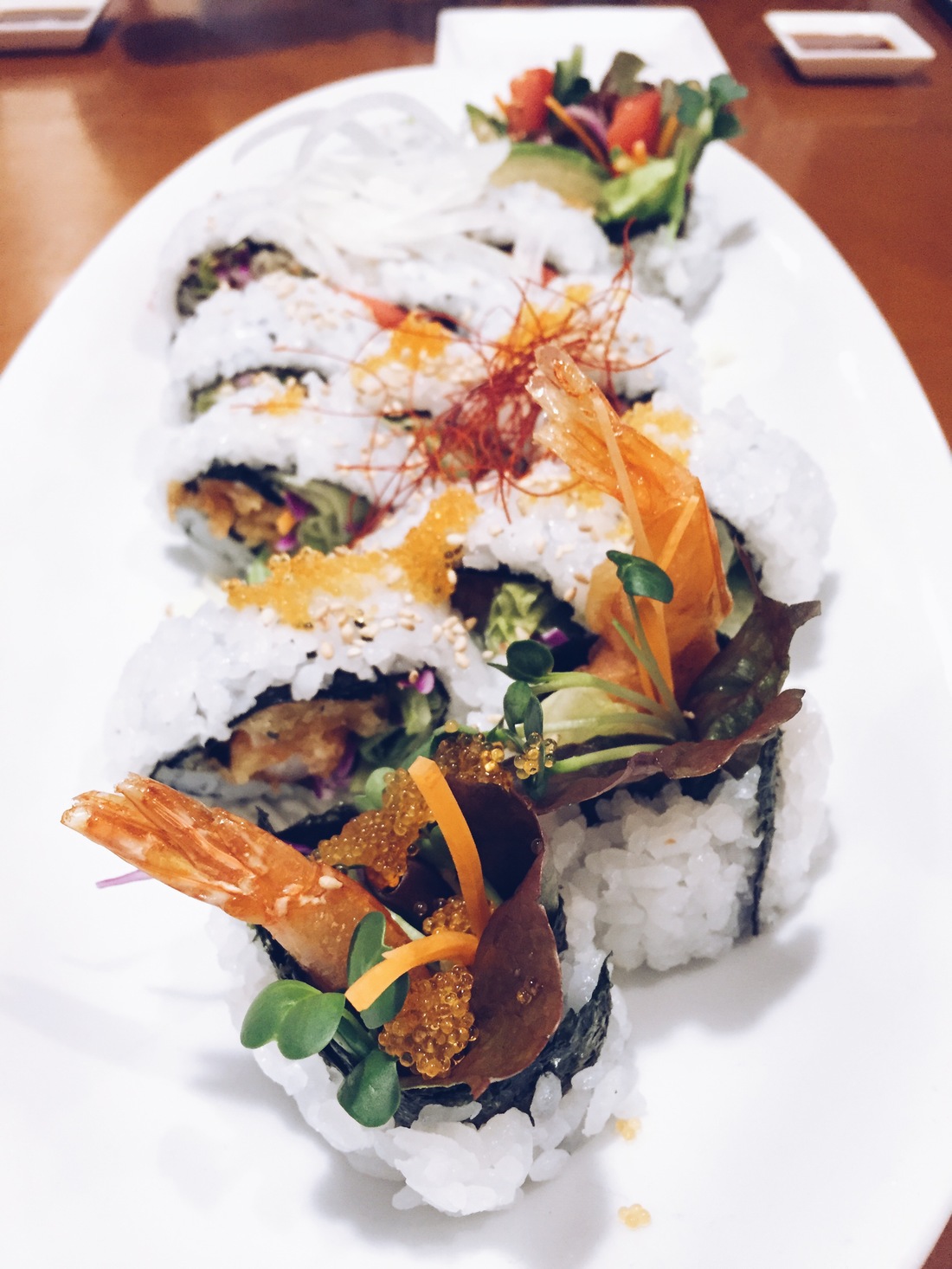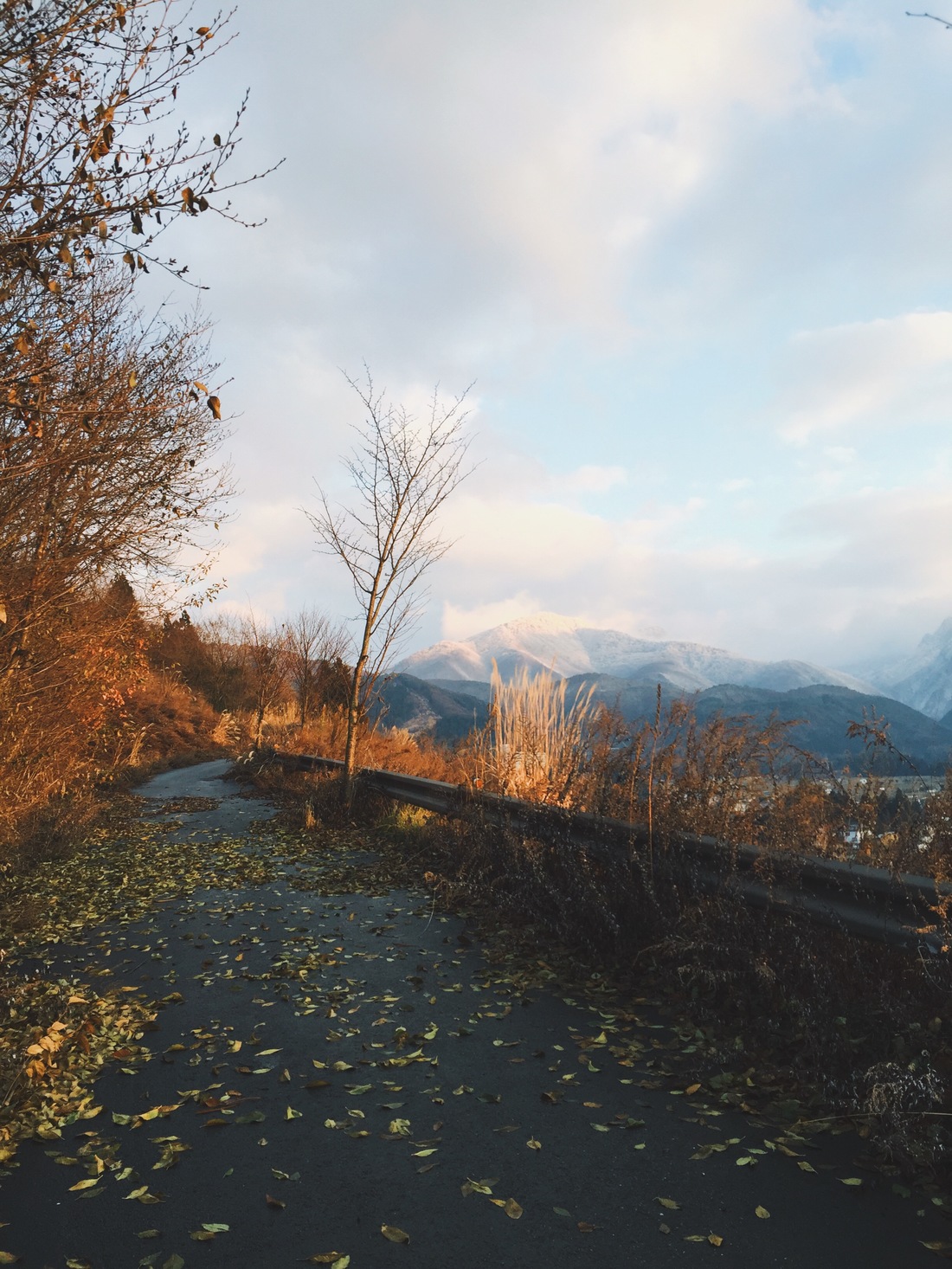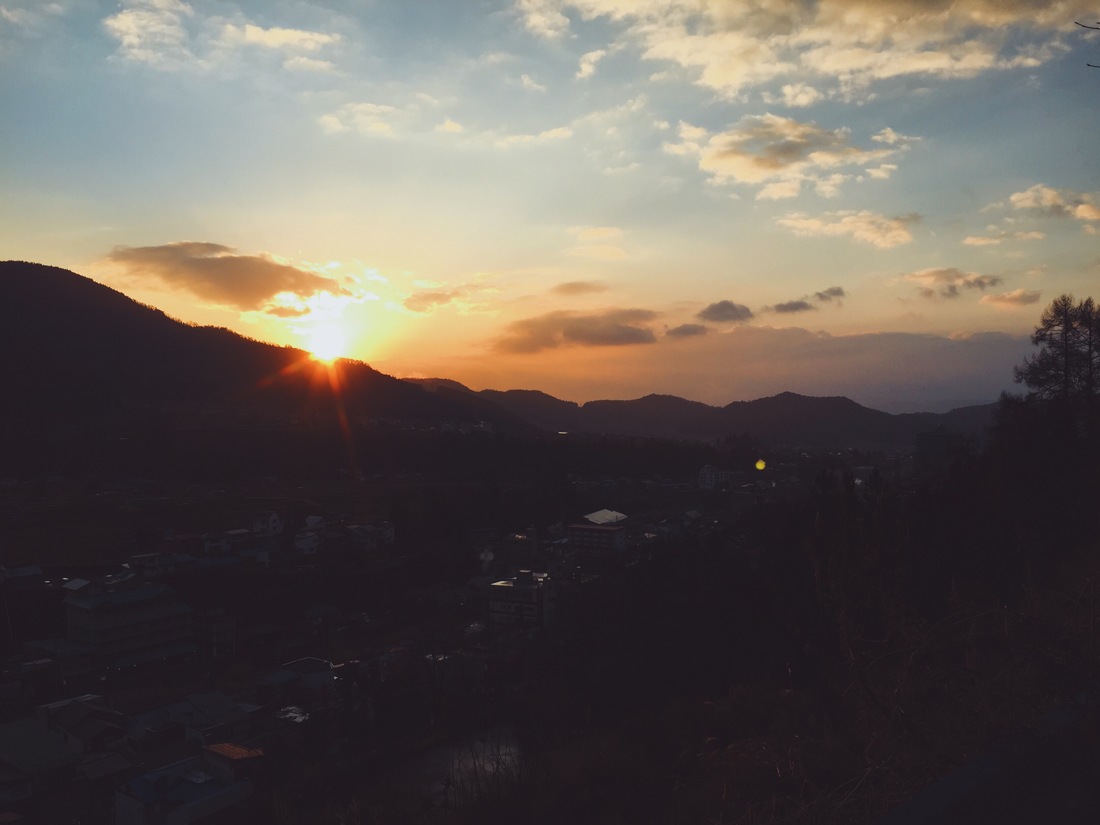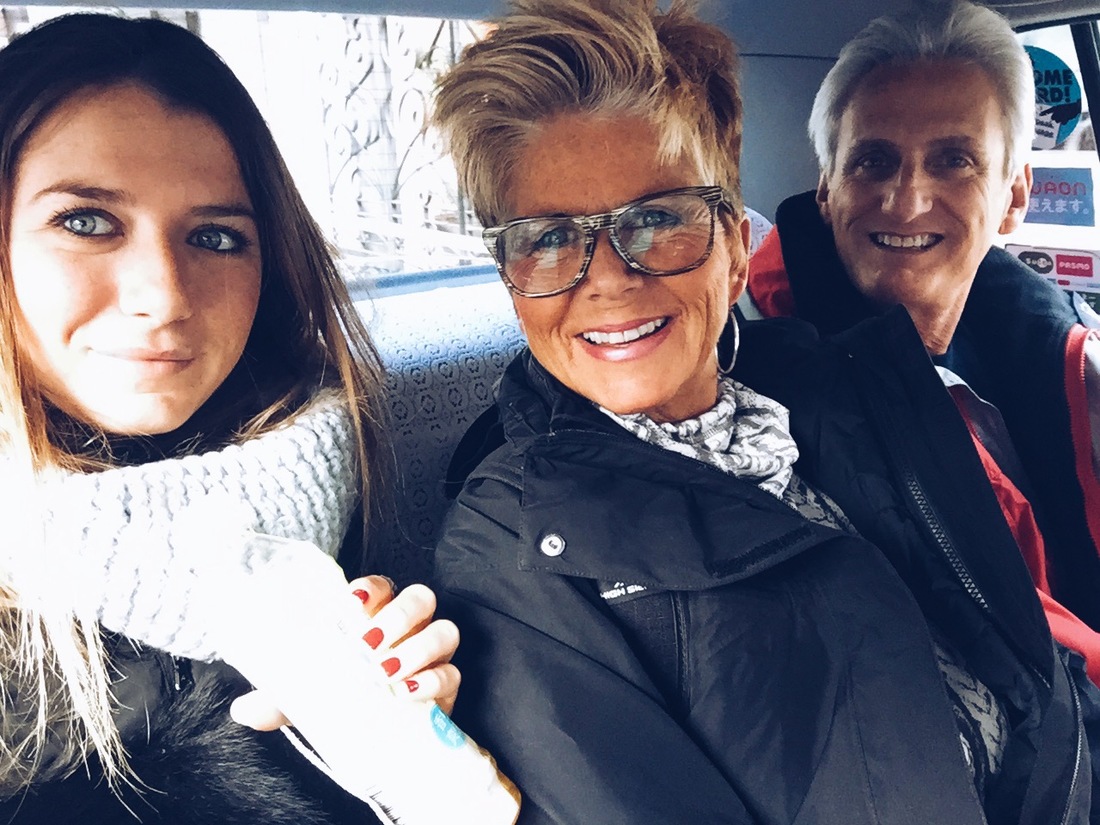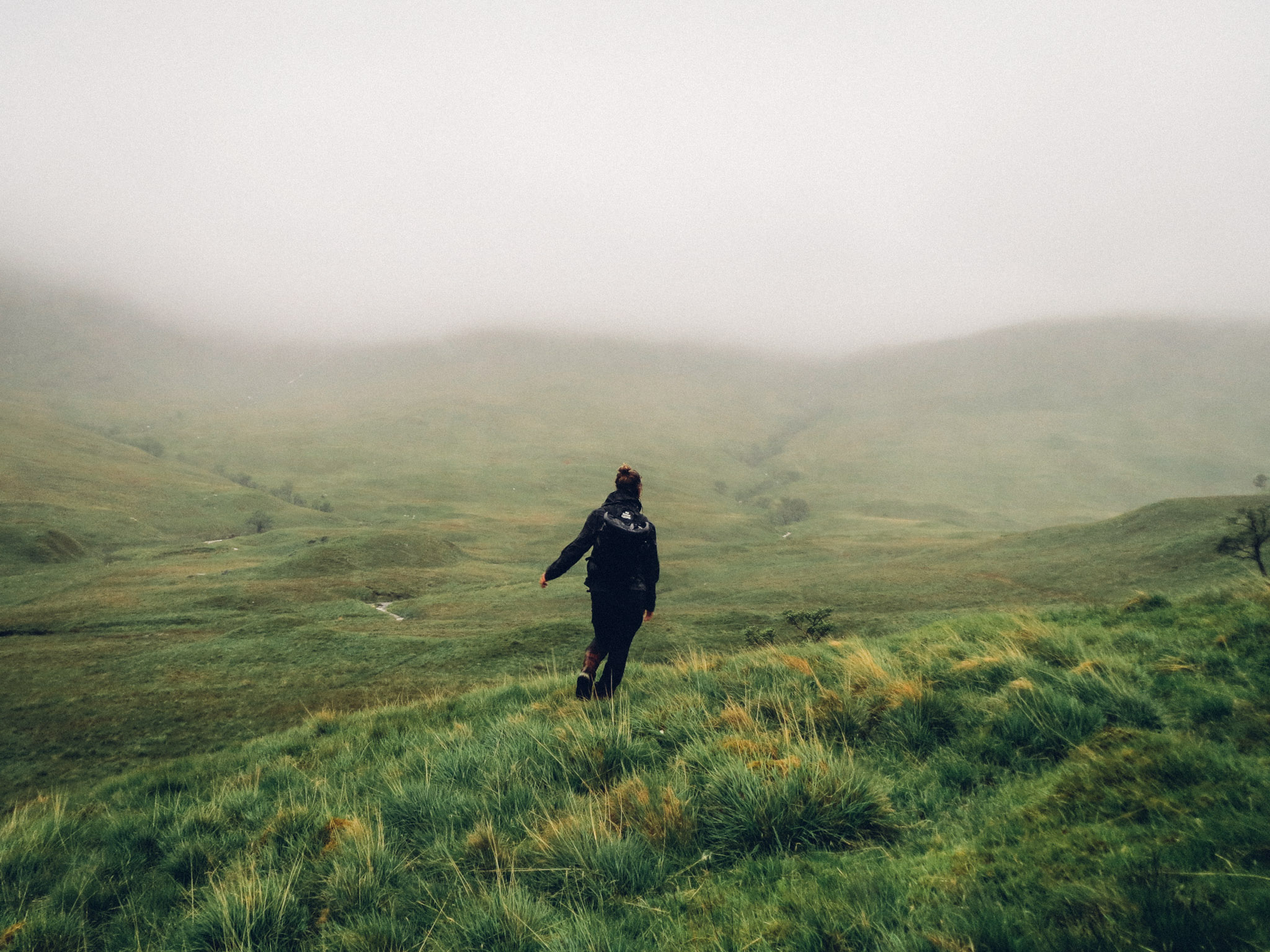After watching countless documentaries about the infamous Japanese snow monkeys it was 'quite disappointing' that we (being my family) were unable to visit these human like creatures on our past two visits to Japan. This time, we tailor-made our itinerary specifically to cross the following off of a never ending bucket list:
1. Bathe with a snow monkey, or two, or ten in one of the oldest onsens known to man
2. Sleep in a traditional Japanese ryokan.
After the past 24 hours, it is safe to say that both of those have been crossed off and have surpassed all expectations.
The 'traditional ryokan' we chose was built in 1864, & before I bore you with the details, I am pretty sure nothing has changed since then. To get to Jigokudani from Tokyo we took 3 trains 1 local bus & shlepped our bags 3 kilometers through the pouring rain in the middle of the forest. Well worth it if I may add. Note for the future: Bring absolutely nothing.
the train:
the bus:
the trek:
the ryokan:
traditional? I think yes.
Hm, certainly not a design worthy sleepover, but this is exactly what we signed up for. The Jigokudani Onsen is settled right on the outskirts of the snow monkey park which is only open to the public from 9:30 - 4:30pm. In our case, we were lucky enough to relax at the ryokan all night with traditional robes, Japanese hospitality, and of course; the snow monkeys. This is the only Ryokan with access to an onsen with the monkeys - the water is ~117 degrees, which was certainly something to get used to, even for the girl from Florida.
no room service here.
The Ryokan served a delicious traditional Japanese dinner filled with miso, locally caught trout, white tail duck, noodle, tempura, sashimi and of course sake & shiga kogen beer. Can you say fresh?
rise & shine
After one of the best nights of sleep in a long time (despite sleeping on a floor) we were woken up to the sound of screaming monkeys, and a light blanket of snowfall. We wandered downstairs for a cup of coffee, miso soup, a morning swim (no warm showers here) and then a quick hike up to the monkey park to experience wild nature at its best.
kon'nichiwa little monkeys.
As if there were not enough monkeys at the Ryokan, the moment we stepped foot into the park it was like they had taken over. Completely uninhibited by humans (since we do not bring food and we are not seen as a predator) the monkeys act as if we are entirely obsolete. Mothers, fathers, babies bathe and cleanse each other, cuddle tight to keep from the cold, and monkey around (pun intended) as wild animals do. There are no barriers, no waivers to sign, and nothing holding a monkey back from well... attacking you.
It is safe to say I fell in love with these little creatures, and it is certainly not hard to see why.
After bonding with these little fur balls, we hiked back 3 kilometers with our bags, grabbed some sushi, dropped our bags off at the next ryokan (story to follow later in the week) and went for a lovely sunset hike & sake. I think it is safe to say that today was certainly one for the books. If this place isn't already on your bucket list, I highly advice you scribble it down or bookmark this somewhere to remember.
A ryokan (旅館 ?) is a type of traditional Japanese inn that originated in the Edo period (1603–1868), when such inns served travelers along Japan's highways. They typically feature tatami-matted rooms, communal baths, and other public areas where visitors may wear yukata and talk with the owner. (wikipidia)
An onsen (温泉) is a term for hot springs in the Japanese language, though the term is often used to describe the bathing facilities (wikipidia)


